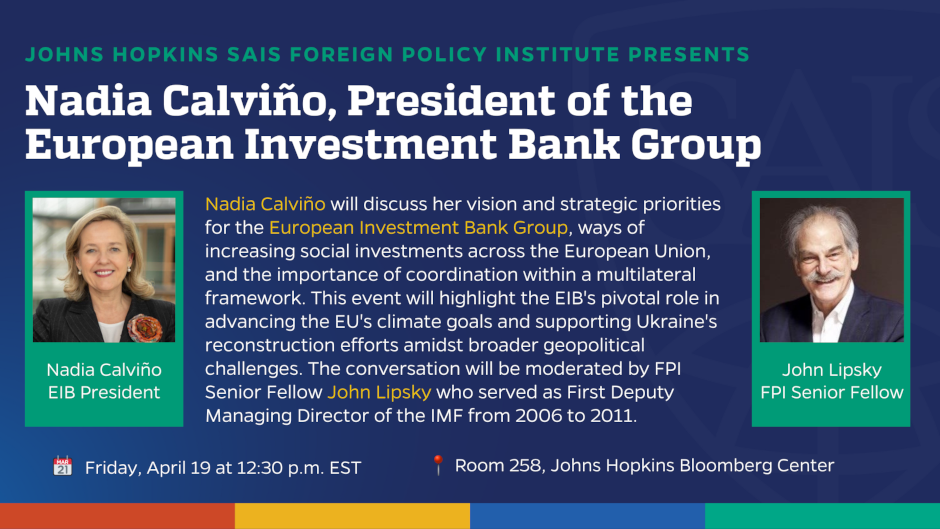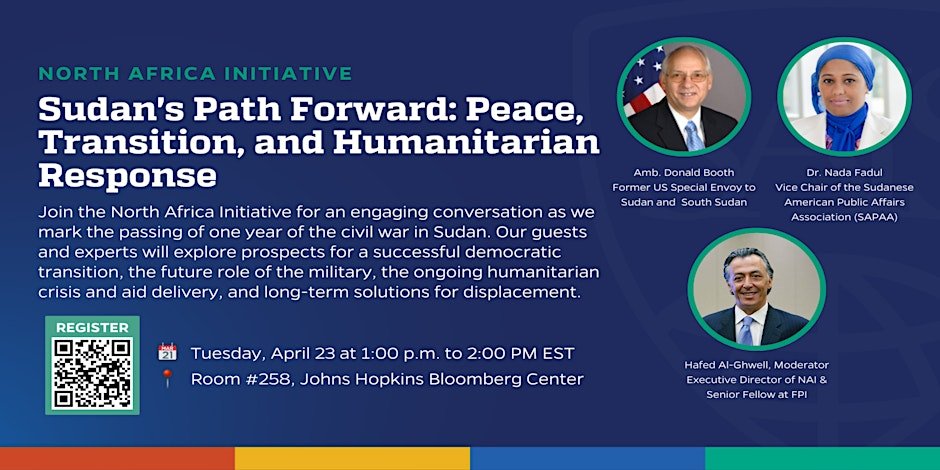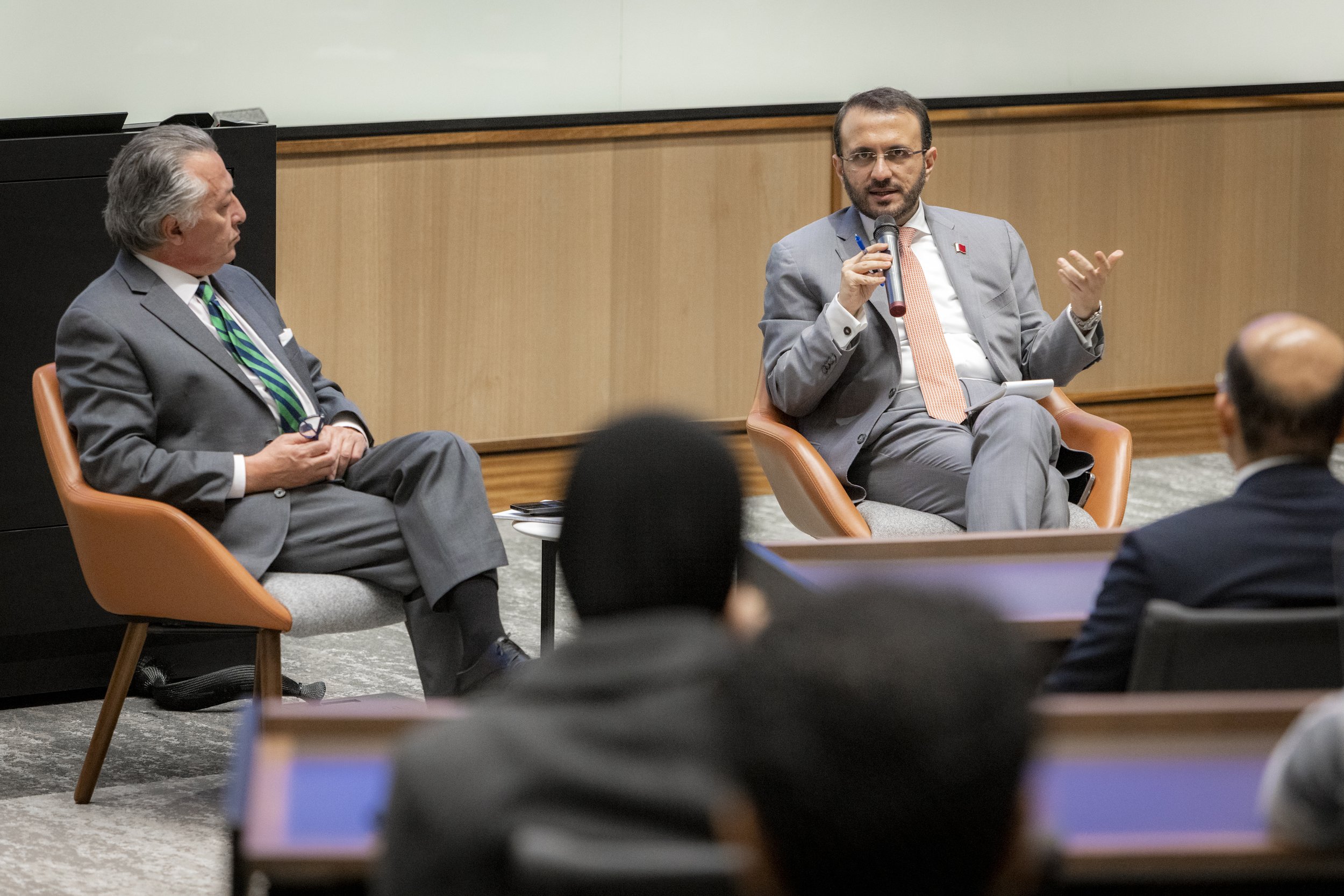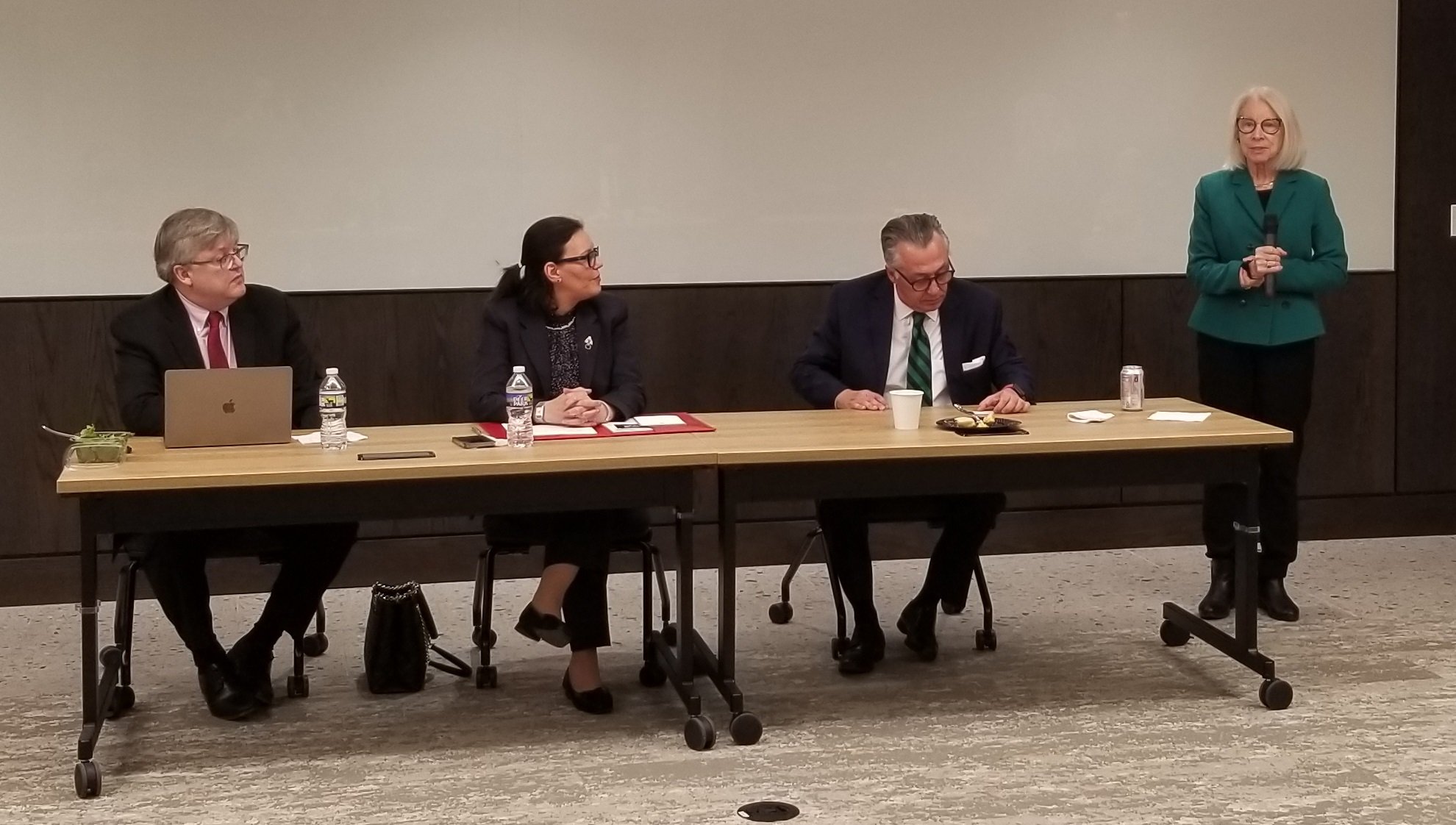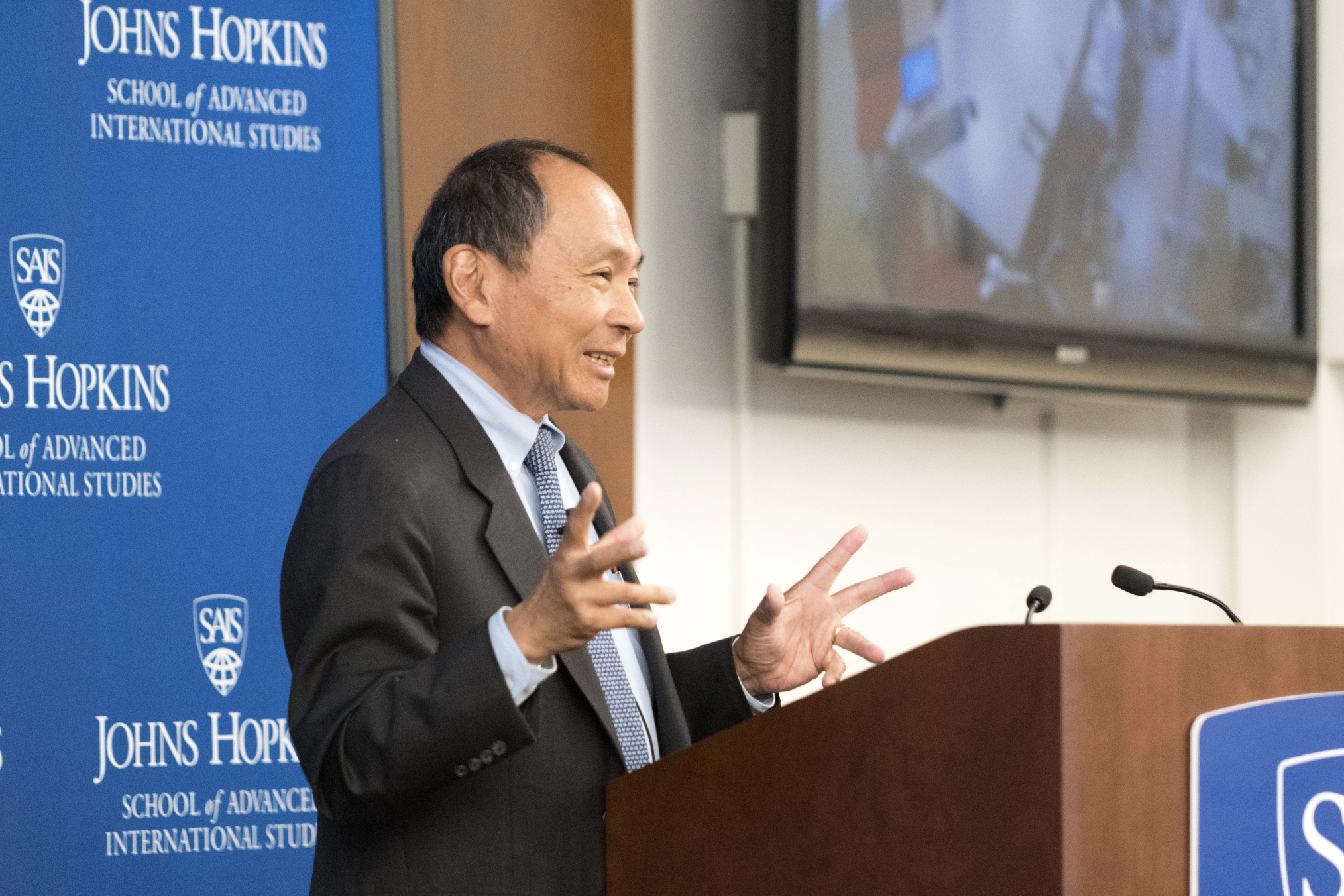
Uniting the worlds of
scholarship and policy
Recent Commentary
Articles

James Borton
Turning Tides: Climate Change Watershed Prompts Reevaluation of Nuclear Energy and Deep-Sea Mining
James Borton
James Borton
Upcoming events
Past Events






